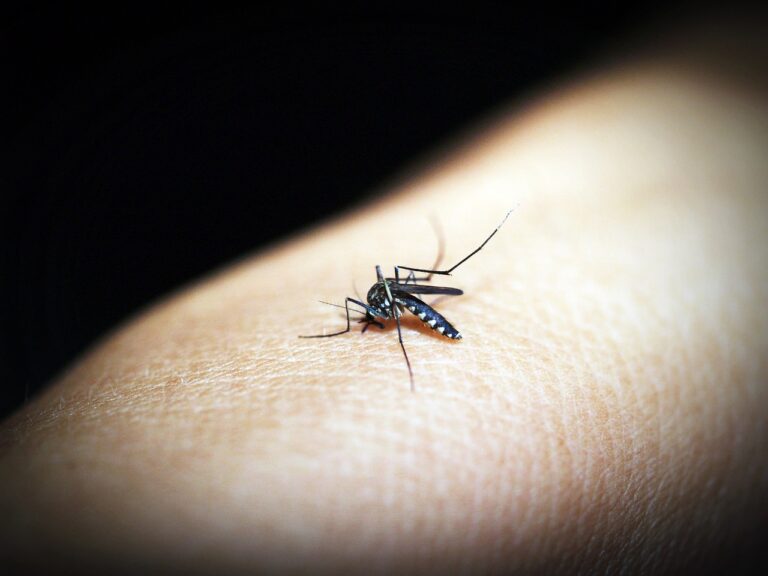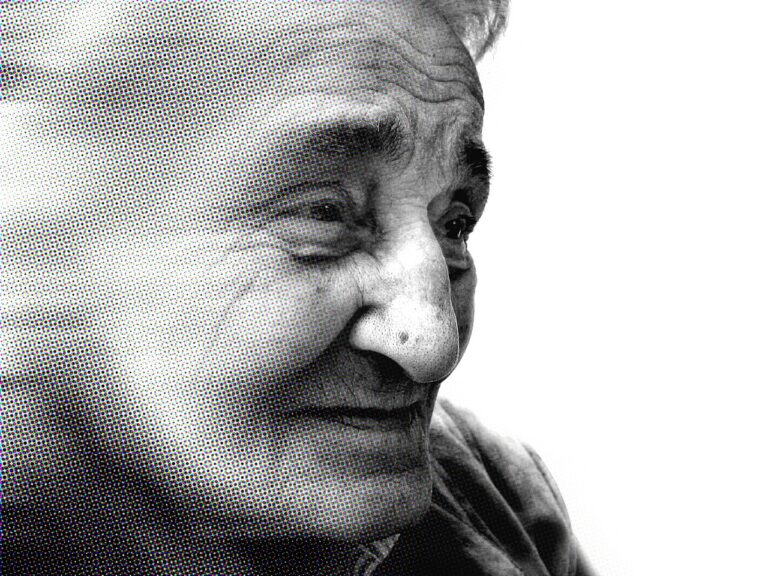The Growing Role of Social Media in Health Education
Social media has revolutionized the way health education is disseminated to the public. Platforms like Facebook, Twitter, and Instagram have become powerful tools in reaching a widespread audience with valuable health information. The interactive nature of social media allows for real-time communication, engagement, and the sharing of resources among users.
Moreover, the visual and engaging content shared on social media platforms serves as an effective medium for health education. Infographics, videos, and interactive posts help simplify complex health topics and make them more accessible to a diverse audience. By leveraging the reach and popularity of social media, health educators can maximize their impact and promote healthier lifestyles on a global scale.
The Reach of Social Media Platforms in Health Education
Social media platforms have significantly expanded their reach in the realm of health education. These platforms provide a unique avenue for healthcare providers, organizations, and educators to disseminate information to a broad audience effortlessly. With the accessibility and popularity of these platforms, health-related content can now reach individuals worldwide, transcending geographical boundaries and time zones.
Moreover, the interactive nature of social media enables users to engage with health education content actively. Through likes, shares, comments, and direct messages, individuals can initiate discussions, seek clarifications, and share personal experiences related to health topics. This interactivity fosters a sense of community and peer support, enhancing the overall learning experience in health education.
How does social media impact health education?
Social media platforms provide a far-reaching and accessible medium for sharing health information, raising awareness, and promoting healthy behaviors.
Which social media platforms are commonly used for health education purposes?
Popular social media platforms such as Facebook, Twitter, Instagram, and YouTube are commonly used for health education campaigns and initiatives.
How can social media platforms reach a wider audience in health education?
By leveraging features like targeted advertising, influencers, and engaging content, social media platforms can effectively reach a wider audience in health education efforts.
What are some examples of successful health education campaigns on social media?
Campaigns like the ALS Ice Bucket Challenge, the #Movember movement, and the #ThisGirlCan initiative have all successfully utilized social media to promote health awareness and education.
What are the challenges of using social media for health education?
Some challenges include ensuring the accuracy of information shared, combating misinformation, and navigating privacy concerns. However, with proper oversight and guidelines, these challenges can be addressed effectively.





